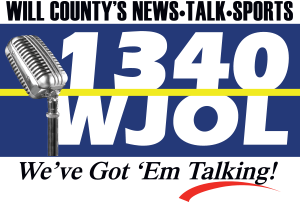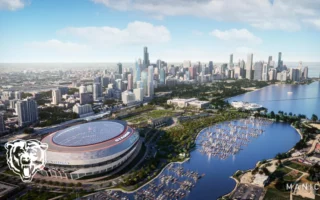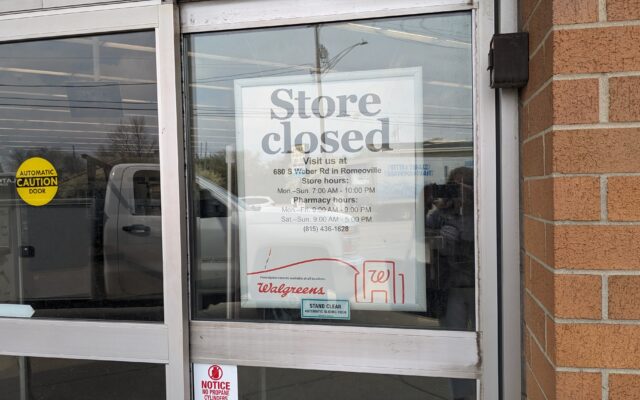Metra Announces No Fair Increase in 2020

Metra today announced that it will not raise fares in 2020, the second year in a row that it has not asked customers to pay more. The agency also announced that, thanks to the new state capital program, it will budget $2.6 billion for capital improvements over the next five years, with a priority on railcars, locomotives, stations, bridges and service improvements.
Metra searched for ways to control or reduce its operating costs to head off the need for a fare increase. This year it identified about $5 million in efficiencies. In addition, it expects to save about $7 million by not filling vacancies and about $9 million by reducing overtime and other miscellaneous expenses. Those $21 million in reductions will help offset an expected $26 million increase in operating expenses next year, including about $7 million in new operating expenses associated with Positive Train Control (PTC), a federally mandated safety system, and about $19 million in labor and various other operating expenses.
That means that, preliminarily, Metra expects its overall operating budget to increase by $5 million next year, from $822 million in 2019 to $827 million in 2020. Higher revenues from the regional transportation sales tax, which funds a little more than half of Metra’s operating budget, will cover that $5 million and no fare increase will be needed.
Metra also unveiled a preliminary capital program that includes nearly $2.6 billion in funding over the next five years, a significant increase from recent years thanks to the new state capital program. Metra expects to receive about $215.5 million in each of the next five years from the sale of state bonds, and an additional $73.8 million a year from “Pay Go” funding tied to a higher state fuel tax, for a total of $1.45 billion in new state money. That money will be added to $962 million in expected federal funding, $145.8 million in expected RTA funding and $26 million in Metra fare revenue devoted to capital needs.






